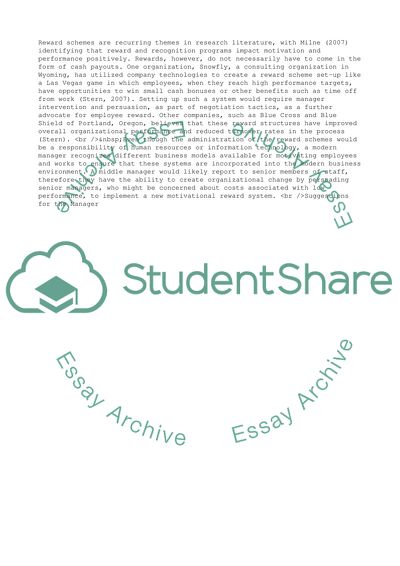Cite this document
(“The Role of Managers in Motivating Employees Essay”, n.d.)
The Role of Managers in Motivating Employees Essay. Retrieved from https://studentshare.org/management/1553627-the-role-of-managers-in-motivating-employees
The Role of Managers in Motivating Employees Essay. Retrieved from https://studentshare.org/management/1553627-the-role-of-managers-in-motivating-employees
(The Role of Managers in Motivating Employees Essay)
The Role of Managers in Motivating Employees Essay. https://studentshare.org/management/1553627-the-role-of-managers-in-motivating-employees.
The Role of Managers in Motivating Employees Essay. https://studentshare.org/management/1553627-the-role-of-managers-in-motivating-employees.
“The Role of Managers in Motivating Employees Essay”, n.d. https://studentshare.org/management/1553627-the-role-of-managers-in-motivating-employees.


